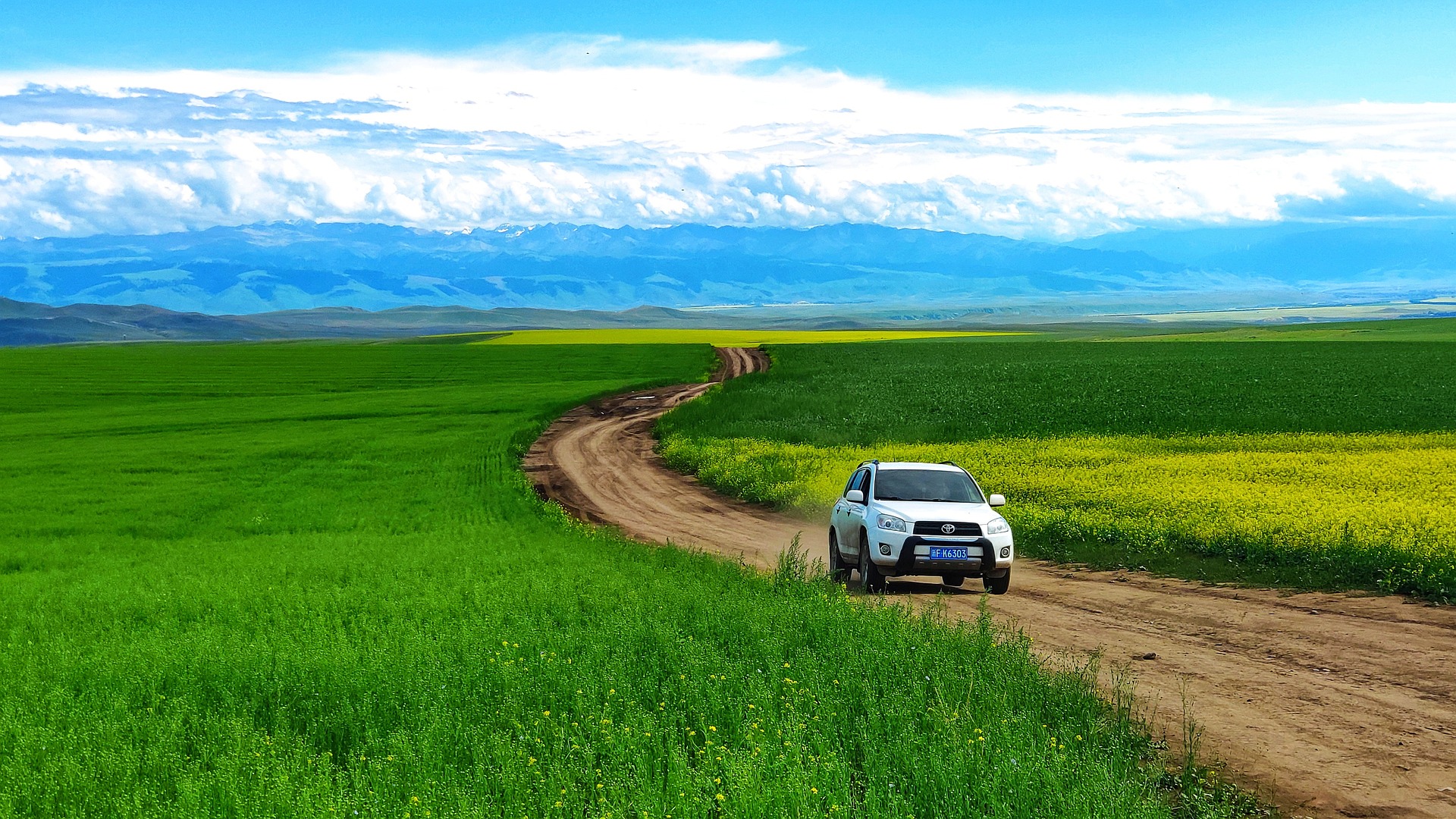The Renaissance of Camping: A Return to Nature and Simplicity
In the age of luxury travel and technology-rich lifestyles, a surprising trend has emerged in the travel and transportation industry. The humble practice of camping, once thought of as a practice reserved for the adventurous or financially restricted, is experiencing a renaissance. This article explores the modern rebirth of camping, its current trends, the advantages and challenges it poses, and its impact on travelers.
A Journey Through Time: Camping Then and Now
Camping is not a new phenomenon. In the early 20th century, camping was a popular pastime, especially among youth groups and families who enjoyed the outdoors. However, as the luxury travel industry has grown, camping fell down the pecking order. Today, amid growing urbanization and technological advancements, there is a growing desire to return to nature—a sentiment which is fueling the resurgence of camping.
Why Camping? The Modern Appeal
Today, camping is not just about pitching a tent in a remote location. The modern face of camping includes a variety of experiences such as glamping, van life, rooftop camping, and more. The trend has gained traction as people seek to escape the digital world and reconnect with nature. The pandemic has further fueled this trend, as camping allows for social distancing while still providing an opportunity for relaxation and adventure.
Advantages and Challenges of Camping
Camping presents numerous advantages. It offers an affordable way to travel, promotes physical health through outdoor activities, and provides a unique opportunity to disconnect from our technology-ridden lives. However, camping also poses challenges. It requires careful planning and preparation, and it may not offer the same comfort level as a hotel or vacation rental. The environmental impact is also a critical concern, with campers needing to ensure they leave no trace behind.
The Impact on Travelers
Camping offers travelers the chance to experience destinations in a more direct, immersive way. It fosters a deep appreciation for the environment and promotes sustainable travel practices. Despite the challenges, the rewards of camping—unplugging from daily routines, bonding with loved ones, and connecting with nature—have drawn many to this trend.
Campsite Chronicles: Tips and Trivia
-
Camping can improve sleep patterns. A study by the University of Colorado Boulder found that camping can reset our biological clocks and help those suffering from insomnia.
-
The largest campground in the world is in Japan’s Fuji-Hakone-Izu National Park, with over 4,000 camping spots.
-
Bear safety is crucial while camping in certain areas. Store food and toiletries in bear-resistant containers or hang them from a tree at least 10 feet off the ground.
In Conclusion
The resurgence of camping showcases how travel trends can come full circle, from the simplistic to the luxurious and back again. This renaissance of camping is a testament to the enduring allure of nature and the human desire for authentic, immersive experiences. Despite the challenges, the rewards of camping—unplugging from daily routines, bonding with loved ones, and connecting with nature—are causing more and more travelers to embrace this trend. As we move forward, camping is poised to remain a significant part of the travel landscape, reminding us of the pure joy of simplicity and the profound beauty of our natural world.







